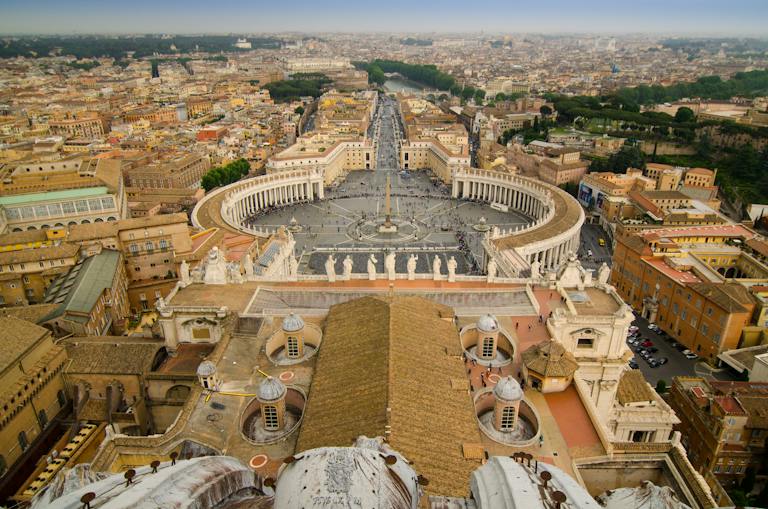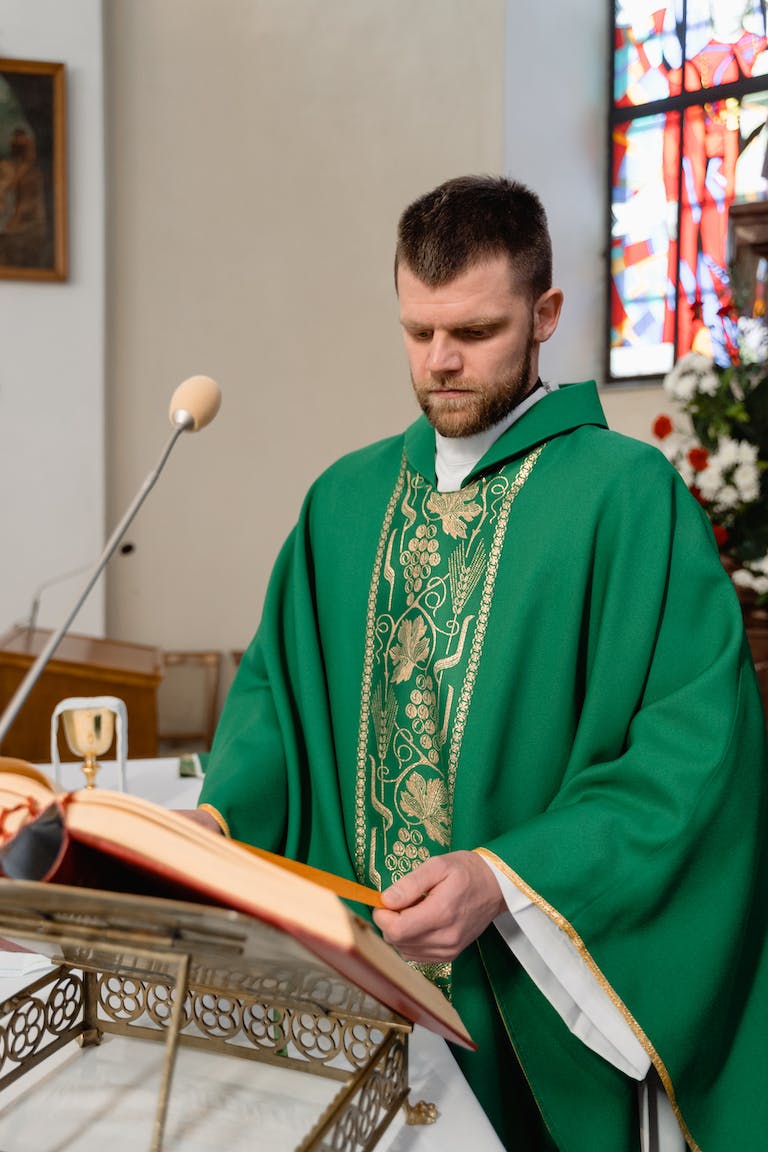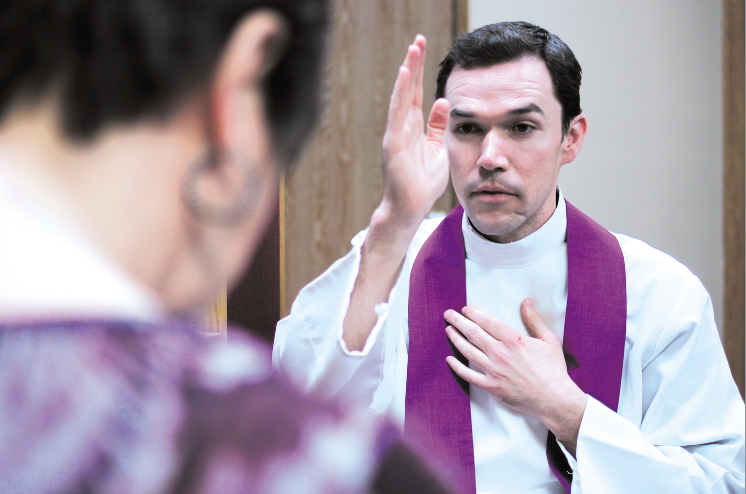Lutheran vs Catholic: Main Differences
As a pastor, I’m often asked to explain the key differences between the Lutheran and Catholic churches. With our shared roots in Western Christianity, there are certainly more similarities than differences. However, 500 years after Martin Luther nailed his 95 Theses to the church door in Wittenberg, some distinct theological and practical divergences remain.
In this post, I will summarize the main areas where Lutherans and Catholics disagree, including scripture and tradition, salvation, communion, priests and bishops, Mary and the saints, and matters of conscience.
| Belief | Lutheran View | Catholic View |
|---|---|---|
| Scripture & Tradition | Bible alone is final authority | Bible and Sacred Tradition both carry authority |
| Salvation | Justification by faith alone through God’s grace | Justification through faith and good works cooperating with God’s grace |
| Lord’s Supper | Christ spiritually present alongside bread and wine | Bread and wine transform into actual body and blood of Christ |
| Priests | Priesthood of all believers; no Catholic-style hierarchy | Ontological distinction between priests and laity; papal authority |
| Mary & Saints | Honor Mary; ask only God to intercede | Venerate Mary and pray for saintly intercession |
| Conscience | Greater emphasis on individual discernment | More church authority over members’ belief and behavior |
Scripture and Tradition
Like other Protestant movements of the Reformation, Lutheranism elevates Scripture above ecclesiastical tradition. Luther taught that the Bible alone is the final authority for Christian doctrine and practice. Catholicism affirms both Sacred Scripture and Sacred Tradition, viewing them as equal channels of divine revelation. This key difference influences other Catholic-Lutheran divides regarding salvation, the sacraments, church hierarchy, and more.

Salvation: Faith Alone vs. Faith and Works
The most central dispute between Lutherans and Catholics is how we are saved. Lutheranism adheres firmly to the doctrine of justification by faith alone, through God’s grace. Salvation cannot be earned through good work or effort. It is an unmerited gift, received only through faith in Jesus Christ.
Catholic doctrine teaches justification through both faith and good works, made possible by God’s grace. Catholics do not solely rely on works but see faith and works as operating together through love towards salvation.
The Lord’s Supper: Symbolic vs. Actual Presence of Christ
In the Eucharist, or Lord’s Supper, Lutherans believe Christ is truly present alongside the earthly elements of bread and wine. However, the bread and wine remain unchanged after consecration. We affirm Christ’s spiritual presence in a “sacramental union” but reject transubstantiation.
Catholics teach the elements to transform into the actual body and blood of Jesus while retaining their appearances. So while Lutherans recognize Christ’s real presence, Catholics confess an actual physical presence containing the “whole and entire Christ” after consecration by a priest.
The Office of Priest and Papal Authority
Flowing from our emphasis on Scripture over tradition, Lutherans do not recognize papal authority or infallibility. We affirm the “priesthood of all believers,” rejecting notions of spiritual hierarchy placing priests as mediators between God and laity. Lutheran church governance is more democratic and congregationalist.
Catholicism retains a strong hierarchical structure headed by the papal office and an ontological distinction between the roles of ordained priests and average church members.
Veneration of Mary and the Saints
In Lutheran thought, we should ask only God to intercede for us and not venerate or directly pray to saints. As the Mother of God, Mary is deserving of high honor but not worship or devotion in the sense of praying to her.
Catholic piety encourages asking for the intercession of Mary and canonized saints through prayer. Mary, in particular, is viewed as a compassionate mediatrix and nurturing mother figure in Catholic devotion. Her Immaculate Conception and Assumption into Heaven are other Catholic Marian doctrines rejected by Lutherans.
Individual Conscience and Freedom
Finally, Luther promoted extensive freedom of conscience in matters without direct Scriptural guidance. In these “open questions,” Lutherans emphasize individual discernment and mutual tolerance when disagreements arise amongst Christians. The Catholic Church claims more authority over members in faith, morals, politics, and society. While Catholics have varying degrees of internal diversity too, official stances exist on more issues which can involve an element of coercion of conscience.
So in many areas, critical differences emerged from Luther’s elevation of Scripture over other sources of revelation and rejection of papal authority. Of course, Lutheranism and Catholicism share foundational Christian tenets as products of a common Western church history. But understanding these differences helps clarify the unique theological and ecclesial identities shaped by the Protestant Reformation.
Let me know if you have any other specific questions! As people created in God’s image, differences in conscience should not divide us but rather present new opportunities for mutually enriching dialogue.







